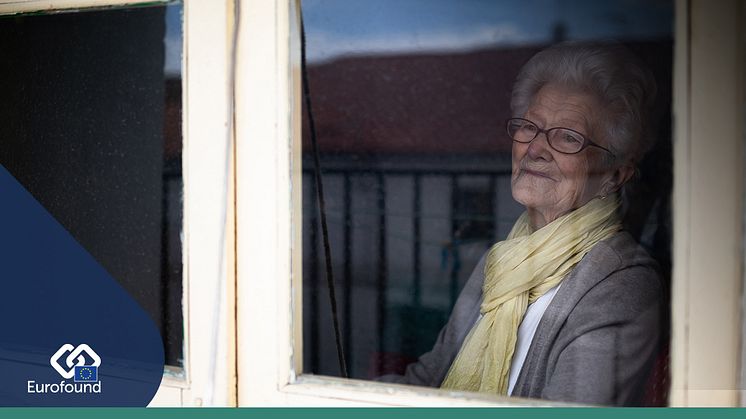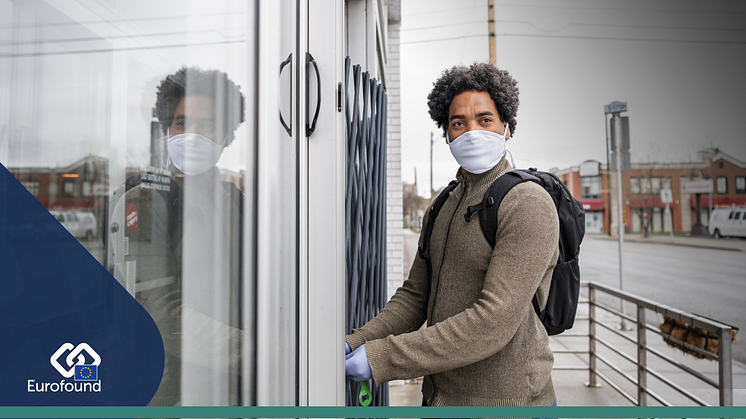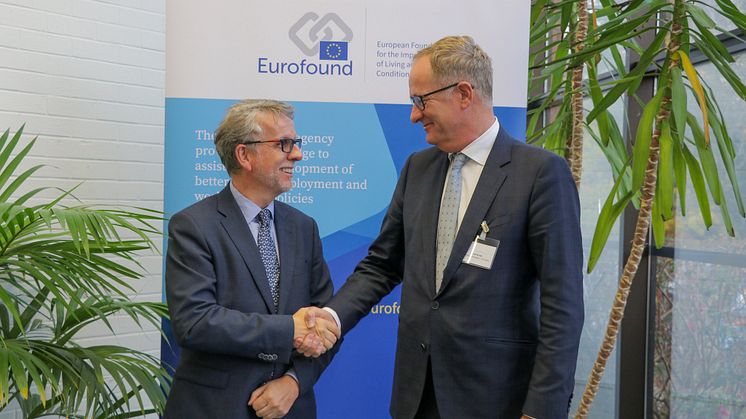
News -
Eurofound launches third round of its online survey Living, working and COVID-19
(DUBLIN, IRELAND): Eurofound’s Living, working and COVID-19 online survey aims to capture the far-reaching implications of the pandemic for the way people live and work across Europe. Two rounds of the online survey have been carried out to date: one in April 2020, when most Member States were in lockdown, and one in July, when society and economies were slowly re-opening. The third round is launched today, 15 February, and will be open until 29 March 2021.
The Coronavirus disease (COVID-19) is having a profound impact, with far-reaching implications for the way people live and work across Europe and the globe. Particular sectors have seen massive job losses, workers have faced reduced working hours or have been furloughed, others have faced redundancies, while still more have continued to carry out essential work in difficult circumstances, while Member States have introduced a range of measures to mitigate the impact of the pandemic. Furthermore, there has been a huge increase in the take-up of telework and other e-services.
But almost one year on, as the situation escalates gravely again, most economies and societies are still experiencing restrictions on people, schools, businesses and travel, albeit with a glimmer of hope as vaccine rollout programs are underway. At this juncture, however, it remains impossible to predict the long-term impact of this crisis on citizens and their families, countries and societies.
The Living, working and COVID-19 survey is fielded online, among respondents who were reached via Eurofound’s stakeholders and social media advertising, using non-probabilistic sampling methods instead of the traditional random probability methodology applied to Eurofound’s three regular surveys the European Working Conditions Survey, the European Quality of Life Survey and the European Company survey. The questionnaire is composed of four main sections - well-being, work and telework, living conditions and financial situation of European, socio-demographic and the household composition of the respondent - consisting of 34 questions. The questions pertain to people across various age groups and life situations.
The first two rounds of the online survey accumulated 87,477 respondents from across the European Union.
Take our online survey: Tell us how COVID-19 is impacting your life
Further information:
- Report (28 September 2020): Living, working and COVID-19
- Data: COVID-19 EUPolicyWatch
- Data: Quality of life and quality of society during COVID-19
- Data: Working during COVID-19
- Data: Financial situation and security during COVID-19
- Data: Quality of public services during COVID-19
- Topic: COVID-19
- Methodology








